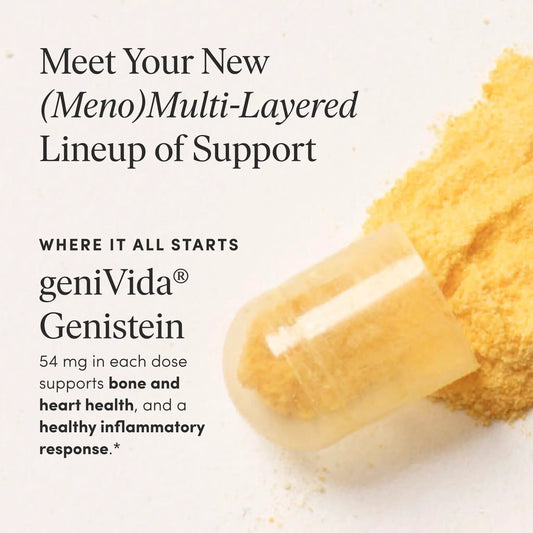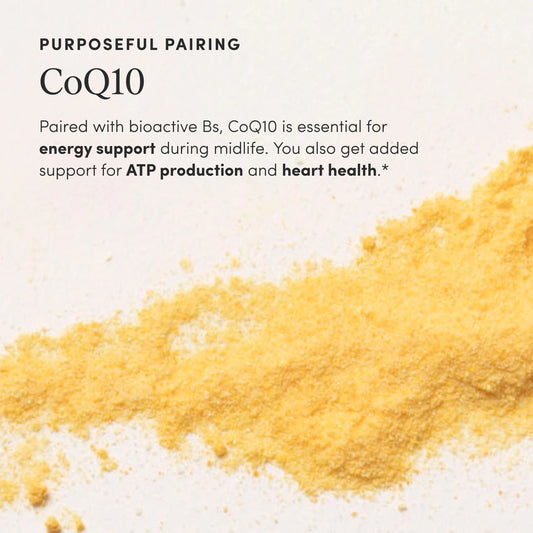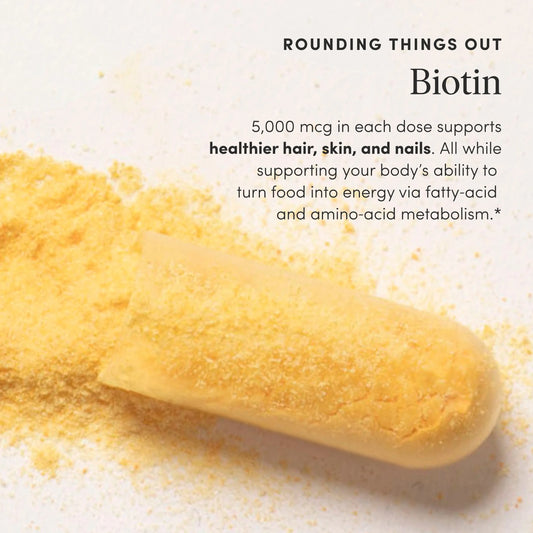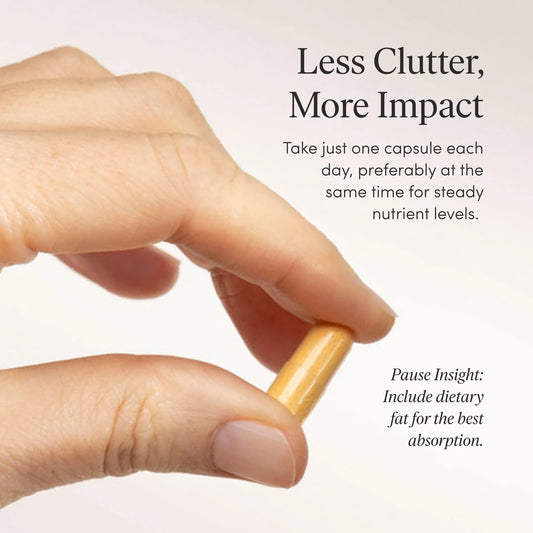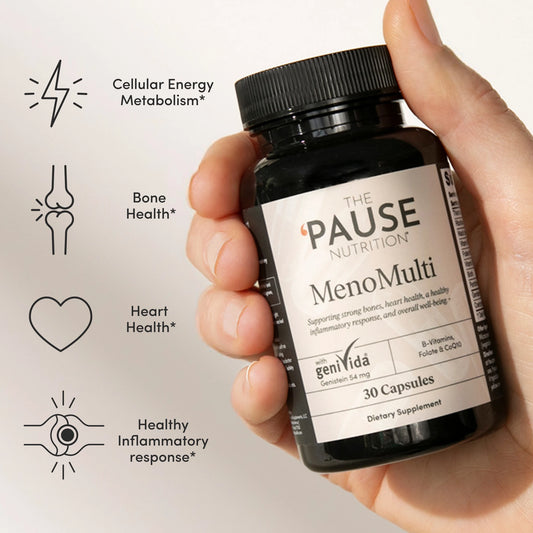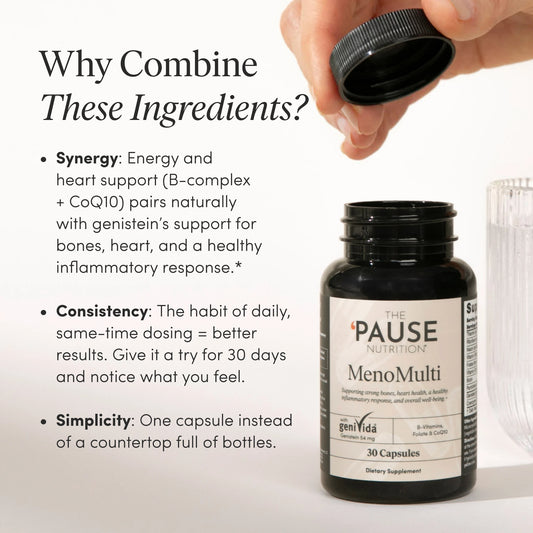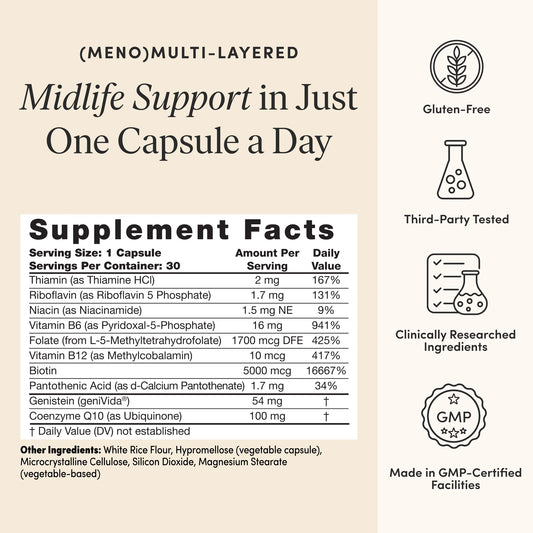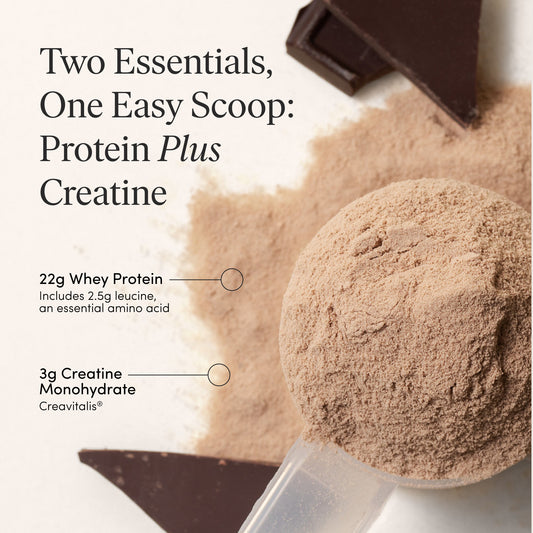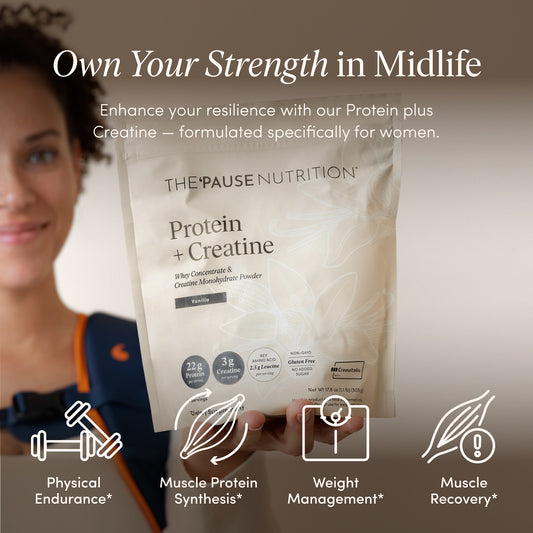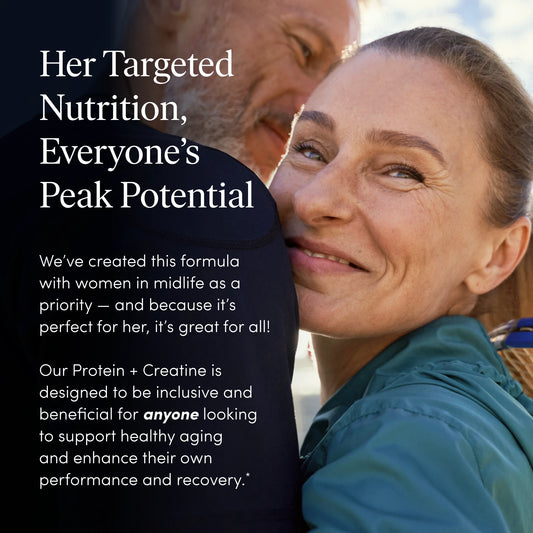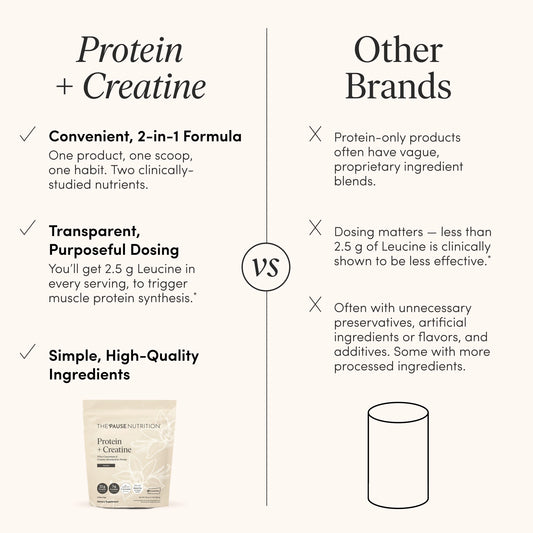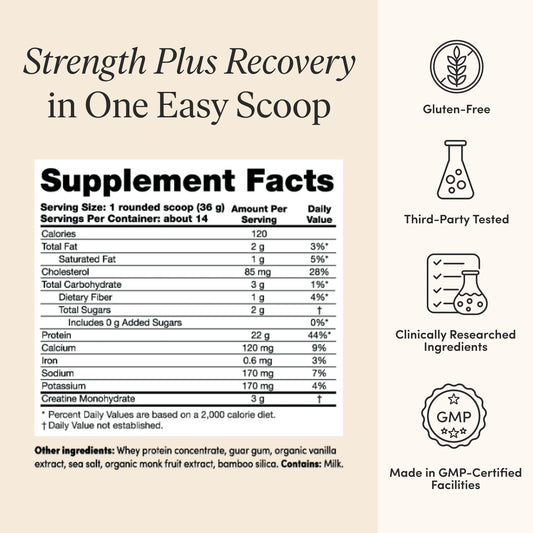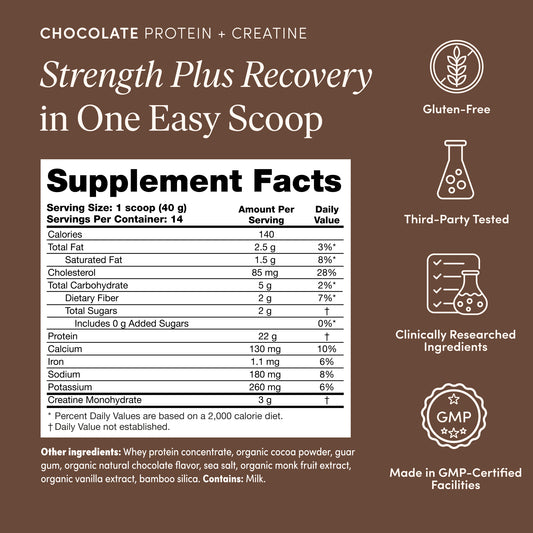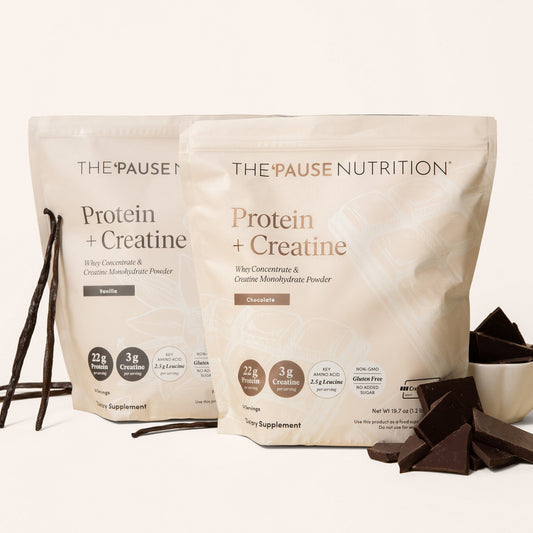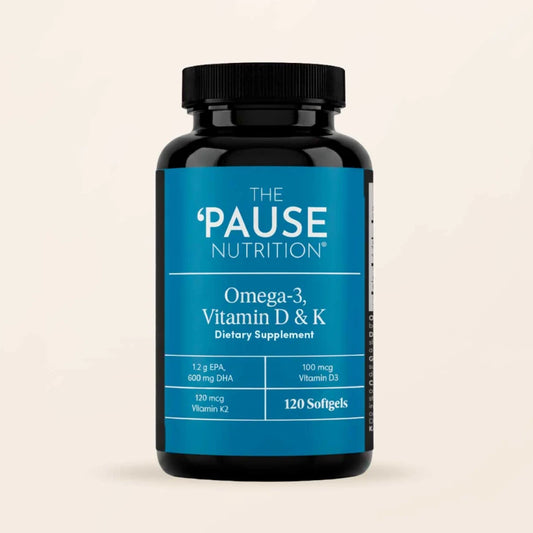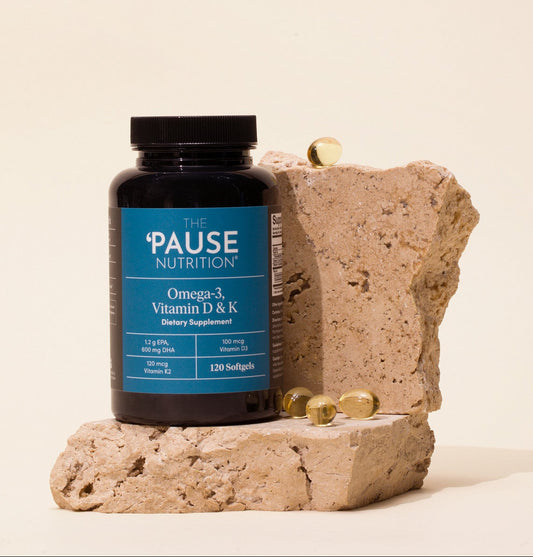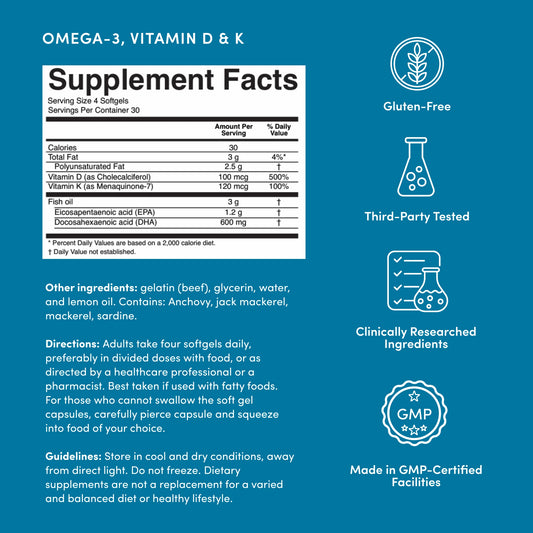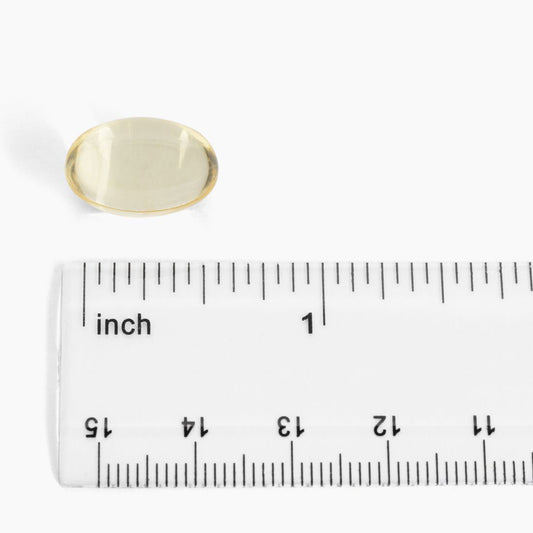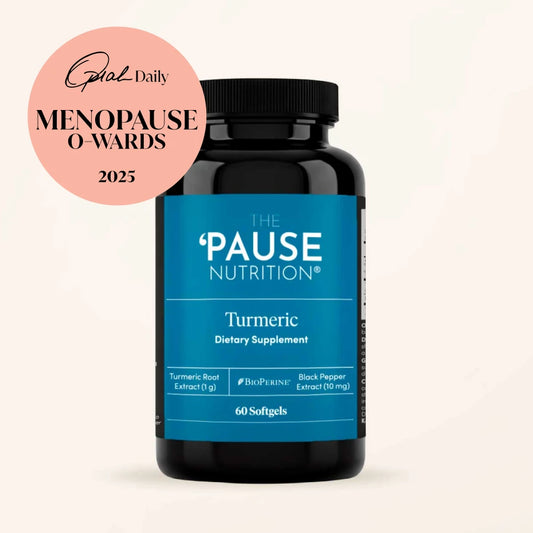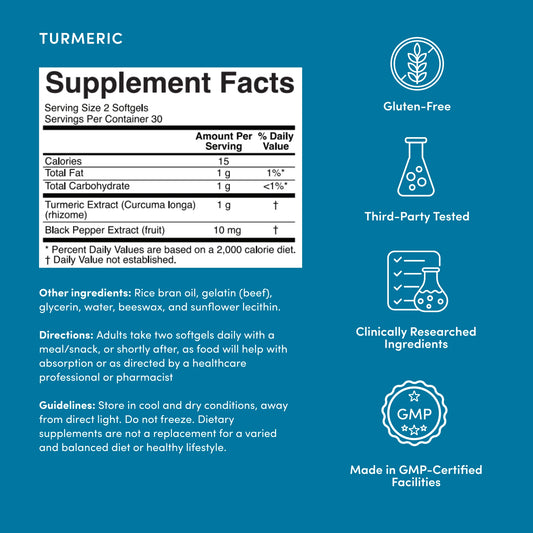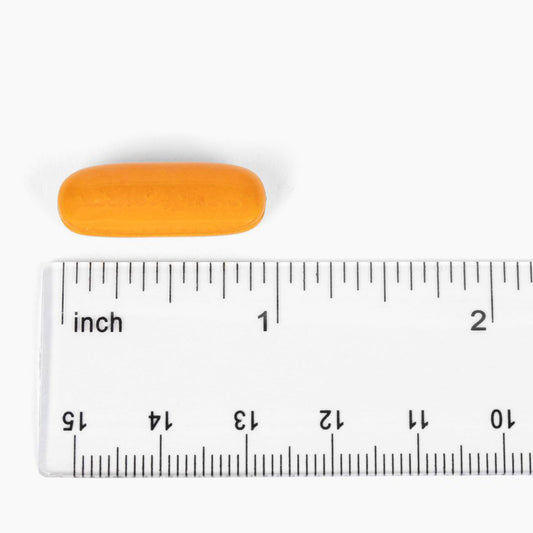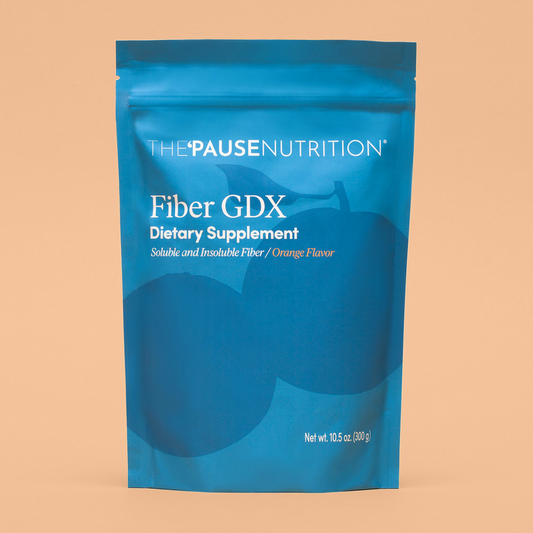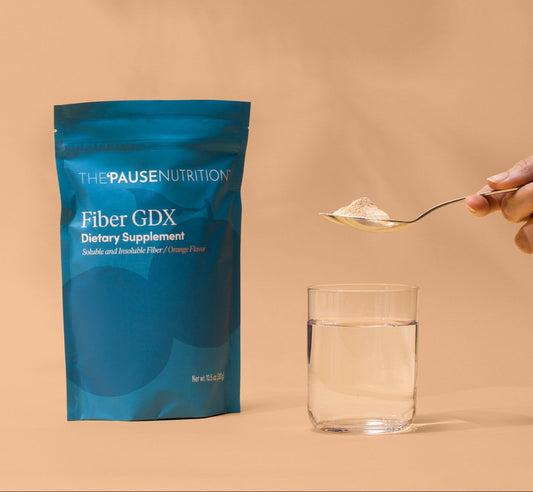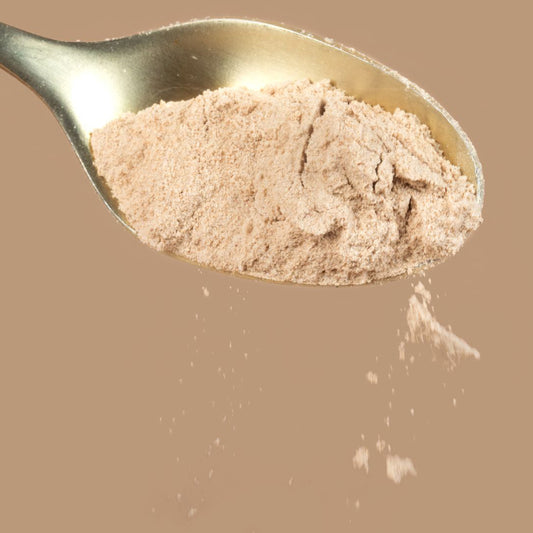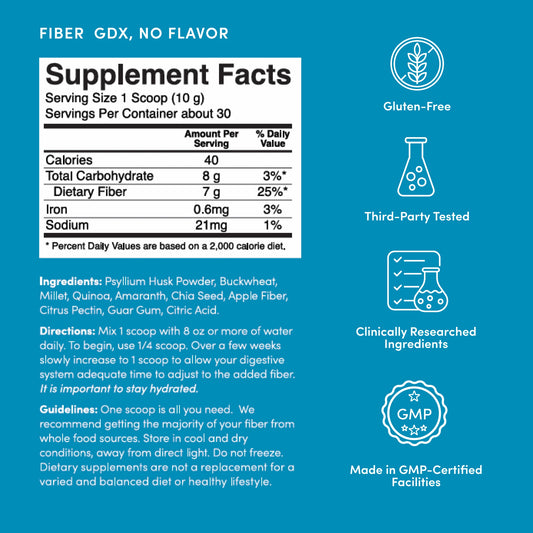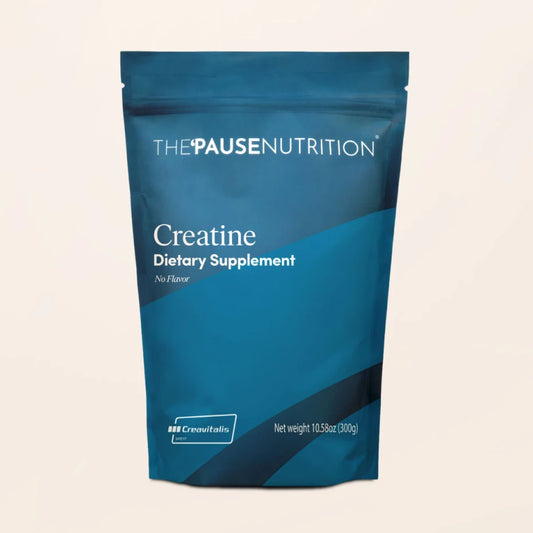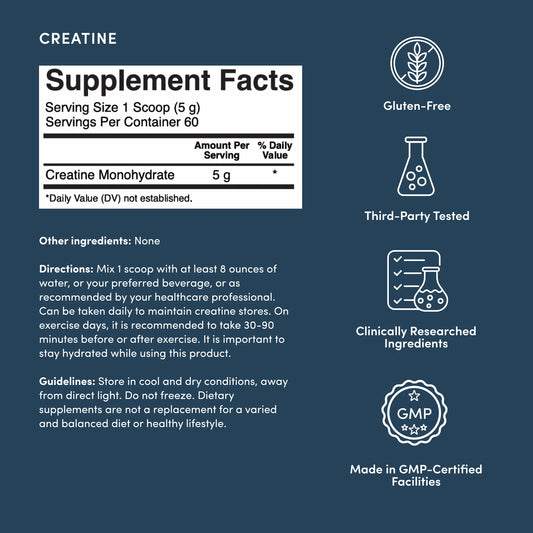Your Journey Back To Love: Sex in Menopause

Share
Written by Dr. Kate White, MD, FACOG, MSCP, DABOM
In a quiet exam room, Sarah sat across from her gynecologist, hesitant to speak. She’d rehearsed this conversation countless times, but the words still felt heavy. Finally as the visit is wrapping up, she took a deep breath and asked, “Is it normal to feel… disconnected? Sex just isn’t the same anymore.” Her doctor gave her a reassuring smile. “You’re not alone,” she said, turning back to Sarah and taking her hand from the door knob. “Let’s take the next 20 minutes and talk about it.”
Wouldn’t it be great if that was your doctor’s response? For many women, discussing sex—especially when it’s become complicated—is daunting. It’s deeply personal, and the stigma surrounding sexual issues can make it feel isolating. But the reality is that the way that our healthcare system is structured, there is little time to address such sensitive and complex issues in the typical annual gynecological visit.
Most gynecologists have had little to no training in residency in sexual medicine - and even less for those issues for midlife women.(1) So finding a gynecologist with extra training in those areas, through The Menopause Society, or ISSWSH-the International Society for the Study of Women’s Sexual Health can help make these conversations easier. Today we will follow Sarah in an ideal GYN visit. She will be getting information about ways to manage the sexual changes that arise in midlife.Hopefully this will help you begin the conversation with your gynecologist or sexual medicine specialist.
The Journey of Sexuality
Sex is a cornerstone of intimacy and connection, but as life changes—through stress, childbirth, aging, or menopause—so does our relationship with it. Today we will follow Sarah in an ideal gynecological visit, getting information about ways to manage the sexual changes that arise in midlife. We’ll explore what happens when desire fades, pain interrupts pleasure, and how to reignite the connection to intimacy, and hopefully this will help you begin the conversation with your own gynecologist or sexual medicine specialist.
The first thing to remember is that sexuality isn’t static; it evolves as we do.
- In our 20s, it’s often about discovery and fun.
- During the childbearing years, it might shift toward purpose and connection.
- As life gets busy with family and careers, sex can become secondary to fatigue and stress.
- Then comes menopause, where hormonal changes, physical discomfort, and emotiona shifts may create new barriers.
For Sarah, sex had always been a joyful part of her marriage. But over the years, and especially as menopause approached, she noticed changes. Her desire dwindled, and when she did try to be intimate, the experience was often uncomfortable.
She felt like something fundamental was slipping away.
The Struggle with Low Libido
Low libido, or Hypoactive Sexual Desire Disorder (HSDD), affects about 14% of adult women, with the prevalence rising to approximately 26% during perimenopause and menopause.(2) It’s more than just “not being in the mood.” It’s a persistent lack of desire that can cause emotional distress and strain relationships.
For Sarah, the reasons felt as complex as the problem itself. Was it the stress of managing her career and family? Hormonal changes? Or something deeper?
The truth is, libido is influenced by many factors, including:
- Medications like antidepressants that can blunt desire.
- Stress and physical health, as conditions like metabolic syndrome can play a role.
- Relationship dynamics, where emotional distance or unresolved issues can dampen passion.
Finding Solutions
Sarah’s doctor explained that addressing low libido requires a holistic approach. Lifestyle changes like regular exercise, prioritizing sleep, and mindfulness practices could help her reconnect with her body and reduce stress. Working with the practitioner prescribing her medications, she can find the alternatives that have the least sexual side effects. Finding a therapist who is trained to help manage issues that have developed in her relationship, with anxiety or depression (which increases by 30 % in the menopause transition)(3), and a specialized sex therapist if that is needed (Find one through American Association of Sexual Educators, Counselors & Therapists ASSECT).
Pain and Intimacy: The Silent Barrier
For Sarah, another issue loomed large: sex had become painful. This is a common complaint among menopausal women. The loss of estrogen causes vaginal tissues to become thin, dry, and less elastic, leading to discomfort during intercourse. This used to be called vaginal atrophy, now it is called Genitourinary Syndrome of Menopause (GSM). It affects 84% of women within 5 years of menopause.(4)
Sarah’s doctor was quick to reassure her that this, too, was treatable.
Restoring Comfort
Sarah’s doctor recommended localized estrogen therapy as a starting point. She assured her that current studies show that it is safe for almost all women.(5) Unlike systemic hormone replacement therapy, these treatments—available as creams, rings, or dissolvable tablets—target the vaginal area without systemic absorption.
Sarah was surprised to learn that the amount of estrogen in a year’s worth of vaginal estrogen cream was equivalent to only about two oral estrogen tablets! Locally applied vaginal estrogen improves the genitourinary syndrome of menopause symptoms - like vaginal dryness, decreased sensation and arousal, painful sex, bladder and urinary symptoms such as urinary frequency and recurrent bladder infections. It can really help to improve the tissue quality and blood flow of the vagina, vulva, and clitoris, as well as the urethra and bladder.
She was also surprised to know that vaginal estrogen is often used with systemic estrogen (which treats the whole body), when the systemic estrogen is not managing vaginal symptoms adequately.
For more severe cases, vaginal dilators, wands with therapeutic red light, and pelvic floor physical therapy could help restore comfort and confidence.
Another treatment option was moisturizing and lubricating. Regular use of vaginal moisturizers with hyaluronic acid could improve tissue elasticity, while silicone based (such as Uberlube) or low osmolality water based lubricants (such as Good Clean Love) would reduce friction during intimacy. These can enhance pleasure with sex even for patients who are not experiencing pain with intercourse.
Exploring Treatment Options
For women like Sarah, solutions can sometimes feel out of reach, but medical advances offer hope. Two FDA-approved medications, flibanserin and bremelanotide, are available specifically for women with HSDD. Flibanserin, also knows as "the little pink pill", is FDA approved for pre- and postmenopausal women, while bremelanotide is currently only FDA approved for premenopausal women. It can be prescribed to be used “off-label” if you are through perimenopause. Discuss with your menopause or sexual medicine doctor what treatment might be an option for you.
- Flibanserin: A daily oral pill that works subtly over weeks to increase spontaneous sexual desire.(6)
- Bremelanotide: An injectable medication for use before planned sexual activity, perfect for rekindling date-night excitement.(7)
The doctor emphasized that neither treatment was a “magic bullet.” Reclaiming her sexual self would take time and effort, but the tools were there.
These treatment options highlight that there is no “one-size-fits-all” approach. A healthcare provider can help determine which, if any, of these options might be suitable based on an individual’s needs and medical history.
A Hormonal Option: Testosterone for Women
Another option for women experiencing decreased sexual desire is testosterone therapy. Testosterone replacement is supported by both the American College of Obstetricians and Gynecologists (ACOG) and the Menopause Society as an off-label treatment for HSDD in women.
This therapy, however, requires precision. Testosterone must be dosed specifically for women—typically about 10% of the dose prescribed for men.(8)
It is crucial to work with a healthcare provider trained in managing testosterone therapy for women. Moreover, experts recommend using FDA-approved testosterone formulations designed for men, rather than oral testosterone or pellet therapies, to ensure safety and efficacy.
For Sarah and many others like her, knowing that solutions like flibanserin, bremelanotide, and testosterone therapy exist offers a sense of empowerment and understanding that there are medically supported options can feel like the first step toward reclaiming a part of themselves they thought was lost. These options represent steps forward in addressing a deeply personal and often stigmatized issue, helping women rediscover their desire and improve their quality of life.
Redefining Intimacy
Sarah’s doctor also encouraged her to redefine what intimacy meant. “Sex doesn’t have to mean penetration,” she explained. “For many women, intimacy is about connection, pleasure, and exploration.” She introduced Sarah to the idea of focusing on clitoral stimulation, as studies show that 70% of women require this to reach orgasm. Incorporating touch, massage, toys, and slowing down to savor the experience could all enhance their intimate moments.
Rediscovering Connection
As Sarah left her appointment, she felt a sense of hope. Her struggles with sex weren’t unique, and more importantly, they weren’t insurmountable.
Through open communication with her doctor and her partner, Sarah began a journey of rediscovery. She started using vaginal estrogen, vaginal moisturizer and experimenting with lubricants. She and her husband set aside time for intimacy, focusing on connection rather than performance. Slowly, she began to feel like herself again.
The Takeaway
Sex is a dynamic part of life. While menopause and aging may bring challenges, they also offer opportunities for growth, learning, and rediscovery.
If you’re struggling with low libido, painful sex, or other concerns, know that help is available. Speak with your gynecologist, explore treatment options, and most importantly, give yourself grace. Intimacy is about more than just sex—it’s about connection, pleasure, and feeling alive in your own skin.
So, take that first step. Ask the question. Scheduling a separate visit with your clinician to allow you the time your concerns deserve and require. Your journey back to love and life starts now!.
About the Author - Dr. Kate White MD, FACOG, MSCP:
This article contains affiliate links















